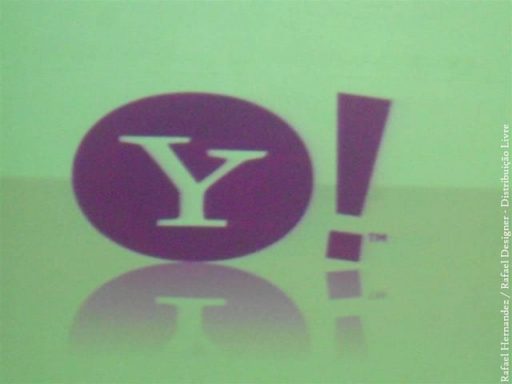The U.N Summit on internet regulation, brought together by International Telecommunication Union, has been riddled with issues even before it started. And now, those issues have reached their culmination as U.S., Canada and many other democracies refuse to sign a treaty that would further empower ITU.
The participants of the conference have been divided right from the start. Russia, China, Iran and the likes had been lobbying for a greater control over their domestic internet structures so that they can censor, monitor and curb freedom of speech whichever way they like in their countries.
U.S., Canada, Philippines and numerous European nations refused to sign the treaty, citing that handing over greater power to ITU would mean a more regulated internet with less freedom of speech.
According to the head of U.S. delegation to the summit, Terry Kramer, “This conference was never meant to focus on Internet issues. The Internet has given the world unimaginable economic and social benefit during these past 24 years — all without U.N. regulation.”
The countries who opposed the said treaty were especially annoyed when the likes of China and Iran started opposing even the mention of ‘human rights obligations’ in the treaty. Interestingly, these are also the countries who most frequently indulge in domestic human rights abuse.
Russia has also been working closely with ITU in the recent months. Apparently, the country wants a greater control of what content is available to its citizens and is trying to find that power through ITU. However, thankfully, for now, democratic nations have thwarted any efforts to curb the internet or regulate it more. Nonetheless, one critical thing that still needs to be done is for the tech giants to lobby together and assert their right to be a part of the internet-regulatory process.
Courtesy: CNET
[ttjad keyword=”apple-tv”]




